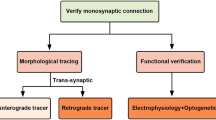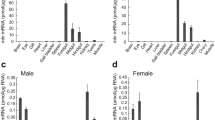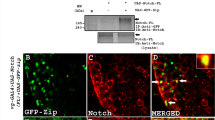Abstract.
The cysteine string proteins are integral synaptic vesicle proteins, critical for fast, Ca2+-regulated exocytosis. Drosophila larvae with null mutations for the cysteine string protein (csp) gene have temperature-sensitive impairments of neurotransmission and presynaptic calcium removal at the neuromuscular junction. Using the larval Drosophila preparation to examine central pattern generation, we characterized the temperature sensitivity of locomotor patterns in wildtype and csp mutant larvae. Intraburst frequency of motoneuronal activity reached 100 Hz and was sufficiently high to rescue the temperature-sensitive synaptic failure in the mutant. Nevertheless, we show that deletion of the csp gene resulted in a severe deficiency in the generation of coordinated larval motor rhythms. Csp mutants that could generate patterned motor activity had slower, poorly coordinated rhythms with altered temperature sensitivity. We conclude that the temperature-sensitive paralysis characteristic of csp mutants is not a direct result of synaptic failure at neuromuscular junctions, as might be expected, but is the result of a failure of locomotor circuit operation at a higher integrative level.
Similar content being viewed by others
Author information
Authors and Affiliations
Additional information
Electronic Publication
Rights and permissions
About this article
Cite this article
Barclay, J.W., Atwood, H.L. & Robertson, M.R. Impairment of central pattern generation in Drosophila cysteine string protein mutants. J Comp Physiol A 188, 71–78 (2002). https://doi.org/10.1007/s00359-002-0279-9
Accepted:
Issue Date:
DOI: https://doi.org/10.1007/s00359-002-0279-9




